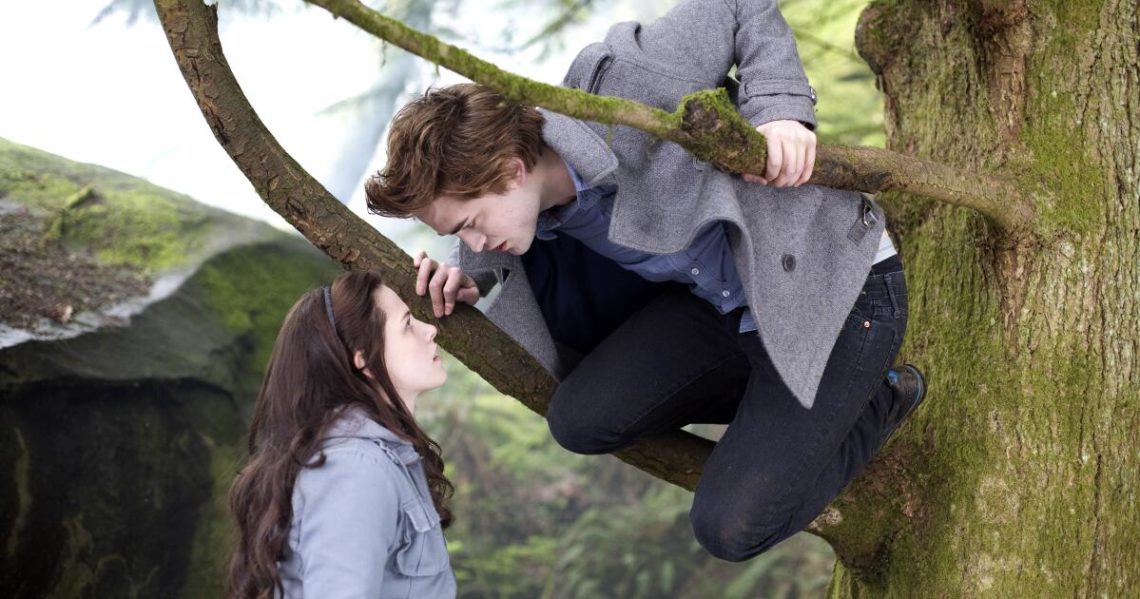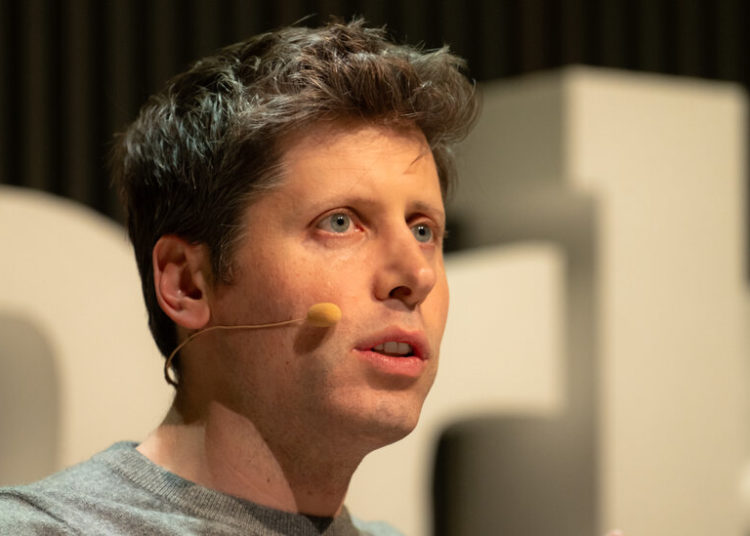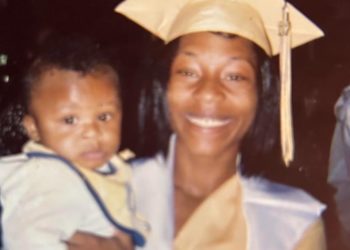No sooner have we recovered from melomaniacs’ rekindled excitement over bands like the Lumineers and other “stomp, clap, hey” indie rock music of the late 2000s and early aughts than society must ready its takes on another pop culture staple from that era.
This one too is about brooding men with an inner glow.
Lionsgate is rereleasing its blockbuster “Twilight” movie series, which ran from 2008 to 2012, in theaters beginning Oct. 29.
Nostalgia has a way of coming for us all. But have we ever been this interested in information from such a recent past? Can we only reflect upon periods that show up in history books and not in Facebook timelines?
In a 1989 piece for South Atlantic Quarterly, literary theorist Fredric Jameson used the term “nostalgia mode” to reference the way boomers and Gen Xers then viewed the 1960s through rose-colored teashades. Now Rodrigo Muñoz-González, a professor at the University of Costa Rica who adapted his PhD thesis into the book “Young People, Media, and Nostalgia,” uses the term “nostalgia economy” to describe how corporations have monetized that feeling.
In a world of decreasing attention spans and increased pressure to make your project stick, of course this year would see a hyperanalyzation of the “Dawson’s Creek” reunion live reading in New York and how alt rockers the Goo Goo Dolls managed to have the song of summer 2025 with a ‘90s hit.
“Nostalgia is almost a guarantee that you will have success in some markets,” Muñoz-González says during a recent Zoom interview. Plus, he says, “Hard times, in economic terms, are triggers. It all stems from an unsatisfactory present.”
This can help explain why AMC Theatres was so keen to get back into the water with “Jaws” 50th anniversary screenings and why Disney was eager for “Freaky Friday” stars Jamie Lee Curtis and Lindsay Lohan to reteam for a sequel.
It also gives a second life to projects that weren’t as noticed the first time around, or have since found a younger audience through streaming and social media.
One of the best examples of all of this involves the TV series “Crazy Ex-Girlfriend.” The comedy premiered in 2015 on the CW and is about a character so desperate to feel happy that she romanticizes a relationship she had as a teenager at summer camp. Its original songs frequently paid homage to music from the late 20th century or musicals from that era like “Les Misérables.” The show was a beloved underdog for most of its run but its frank stories and songs about the sheer exhaustion of adulting resonated with a new fan base who discovered it on streaming services during and after the pandemic.
The cast recently reconnected for a short tour of what they called the show’s 10(ish) Year Reunion Concert, meaning a show about nostalgia benefited from the nostalgia economy. The tour culminated in a sold-out concert at the Wiltern on Oct. 17 that was live-streamed on the platform Veeps.
Rachel Bloom, the star and co-creator of the series, thinks part of her show’s appeal is that “musical theater is, inherently, escapist” and that there’s a reason “why we listen to music when we’re walking down the street and picture that we’re the star of our own movie.”
Plus, while the show tackled topical issues like abortion rights and mental health, the storylines are general enough that they don’t feel dated. As someone who finds herself romanticizing the ‘90s even though they were a hard time in her childhood, Bloom knows why younger audiences connect to her show and the era it was made.
“I think they understand there’s a destabilizing effect with all of the stimulation that’s coming in,” she says.
But this isn’t just seen in movies and TV.
Muñoz-González says we have never before had access to so much information and imagery from the past as we now do. When it comes to reflection, he says, “The time span has become shorter.”
Muñoz-González cites Gen Z’s fixation on Obama’s presidency, especially if they’re old enough to remember its relative economic stability. Time has also been kind to Obama’s predecessor, George W. Bush, who left office with a 34% approval rating but who younger voters now see as more sympathetic to immigration than the current administration, despite his own policies that were tough on illegal immigration.
Online, Gen Z makes up more than half of the users on millennials’ former favorite microblogging site Tumblr while Pinterest’s summer 2025 trend report included an uptick in searches for “summer 2015 aesthetic.” When asked if this was an anomaly, a spokesperson for the digital pinboard site said similar terms were still “surging” with Gen Z users; among them “2015 aesthetic tumblr” (up 530% compared with October of last year), “2019 outfits” (up 55%) and “2018 outfits” (70%).
Ethan Gibson, the director of communications in North America for auto auctioneer RM Sotheby’s, says, “Nostalgia is one of the biggest drivers of collectible cars, when you take these specs and rarity out of it.” But he says there’s a difference between a vintage car and a classic car: Vintage cars are roughly 25 years old. Classic cars are unique. And while middle-aged collectors are interested in cars that came out during their childhood, he’s seen a resurgence of car culture in younger generations who come to events just to see a more recent one-of-a-kind item that wasn’t mass-produced.
Allyson Rees, a senior strategist for the consumer insight team at trend forecasting company WGSN, suspects the word “nostalgia” is in every one of WGSN’s reports right now. It’s for the reasons we expect: financial uncertainty, doomscrolling, general malaise. She says acronyms like FOMO (Fear of Missing Out) and JOLO (Joy of Logging Off) have been usurped by FOFO (Fear of Finding Out), as in the anxiety we feel every time we get a push notification about a potential problem or crisis.
Rees says the pandemic did make us nostalgic, but it’s also continued as digital platforms like TikTok have become social gathering places for an increasingly isolated world. Plus, a focus on green consumerism with recycled fashion sites like ThredUp and Depop means it doesn’t take much for trends to cycle back in vogue.
“People really come to things when they come to them 1761662645, so the nostalgia is very much having to do with a time where people knew what everybody else was talking about,” she says. “It’s so fragmented now and there’s that emotional side of things; of wanting to turn inward and be comforted.”
Because nostalgia isn’t simply about yearning for the past. It’s about how the past makes you feel. John Koenig has run his website the Dictionary of Obscure Sorrows, a lexicon of words made up to express emotions, since 2009 (a book version was published in 2021). One of his earlier entries is anemoia: “nostalgia for a time you never experienced.” Conservative movements like trad wives (women who desire traditional gender roles) and President Trump’s Make America Great Again slogan are meant to provoke a longing for a specific, sanitized version of a period in history. Teens who covet a world just before the explosion of smartphones are doing the same thing.
“Back in the Middle Ages, everyone had a script and meaning was external and everyone was in these tight little beehives where nobody can move and you knew exactly what to say at any given moment and what to believe,” Koenig says. “And now we’re these self-authoring agents. We have freedom. And freedom, it turns out, is really stressful.”
Asked if he thinks there might be an upside to this — whether using the internet to look into the recent past will also teach us about the lived experiences of people in other parts of the world — Muñoz-González smiles and says this was what early internet adopters thought would happen in the 1980s and ‘90s. He also says the media will continue to push nostalgia as long as it continues to be profitable.
“I always talk about this concept I call the right to the present,” he says. “And I think this is something really important for young people, especially in the sense that they are entitled to enjoy their present.”
The post Why is Gen Z wistful for the late 2000s already? appeared first on Los Angeles Times.




